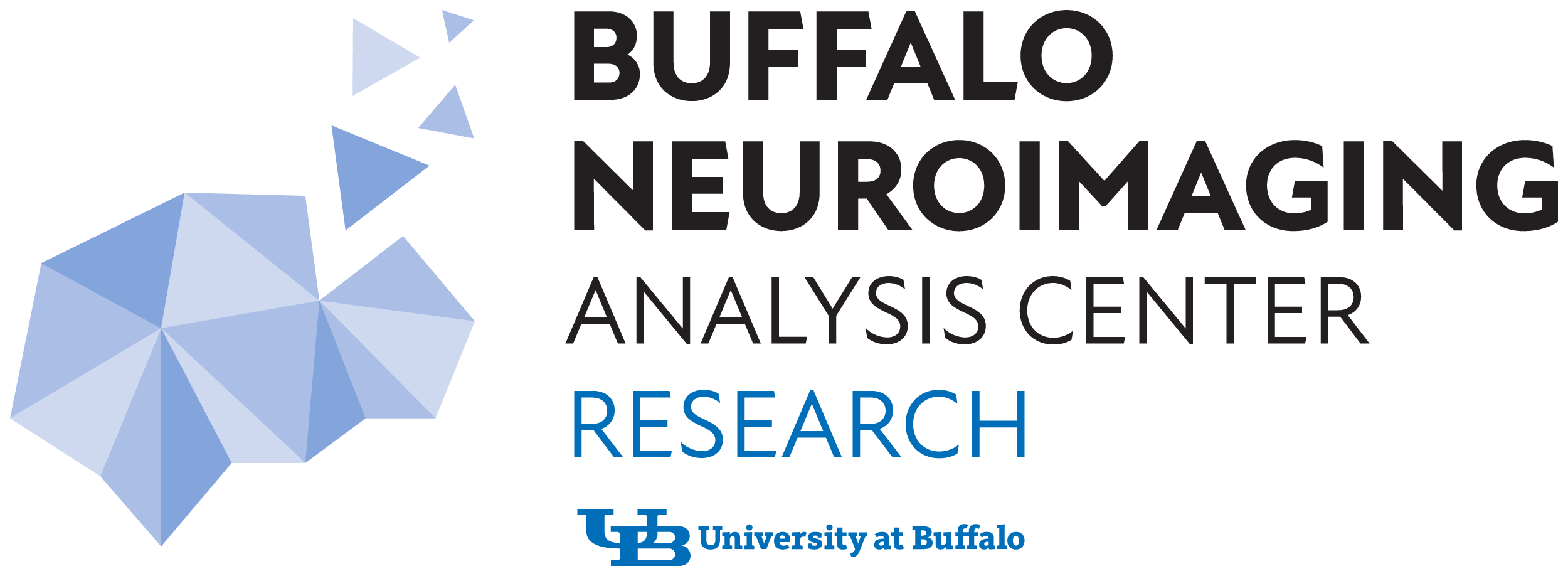A BNAC research team receives $1.77 million NIH grant to study oxygen metabolism in multiple sclerosis.

BUFFALO, N.Y. — A team led by a BNAC faculty member, Junghun Cho, Assistant Professor in Biomedical Engineering and Neurology, has been awarded a five-year, $1.77 million Research Project Grant (R01) from the National Institutes of Health. The team will develop new technology to map brain oxygen metabolism and use it to study it relationship to progressive neurodegeneration in multiple sclerosis (MS).
Oxygen metabolism, the process by which cells extract oxygen from the blood, is crucial for tissue growth and function. Measuring this process – specifically, the percentage of oxygen tissue consume, known as the oxygen extraction fraction (OEF) – can reveal the extent of tissue damage in neurologic diseases like multiple sclerosis and dementia. Currently, there is no clinically available technique for mapping OEF. Junghun Cho’s team plans to develop a method that, when combined with common MRI scanners, will provide accurate and reliable OEF maps.
In this project, Dr. Cho will work with other BNAC faculty members, including Robert Zivadinov, the BNAC director, and Ferdinand Schweser, the Director of Sequence Development. Using the OEF mapping technique, they will explore how abnormal OEF in MS lesions may be linked to the disease’s characteristic progressive neurodegeneration. Although the exact cause of this degeneration is not yet known, one theory suggests it relates to mitochondrial dysfunction (a disruption in the part of the cell that generates energy) or ongoing inflammation in MS lesions. Recent findings by Dr. Cho and his colleagues suggest that these factors can be assessed through OEF mapping, offering doctors a more detailed understanding of the condition.
Dr. Cho believes this study will advance our understanding of the causes of and how MS progresses, from the novel perspective of abnormal oxygen metabolism.
.
